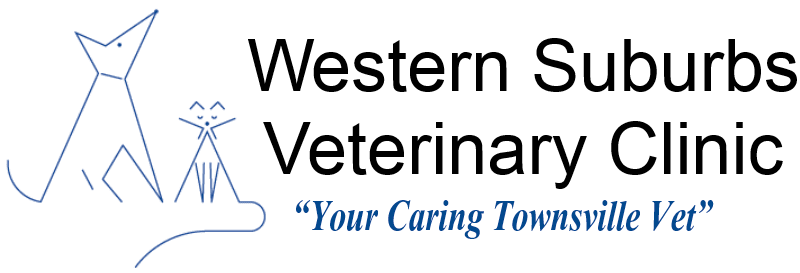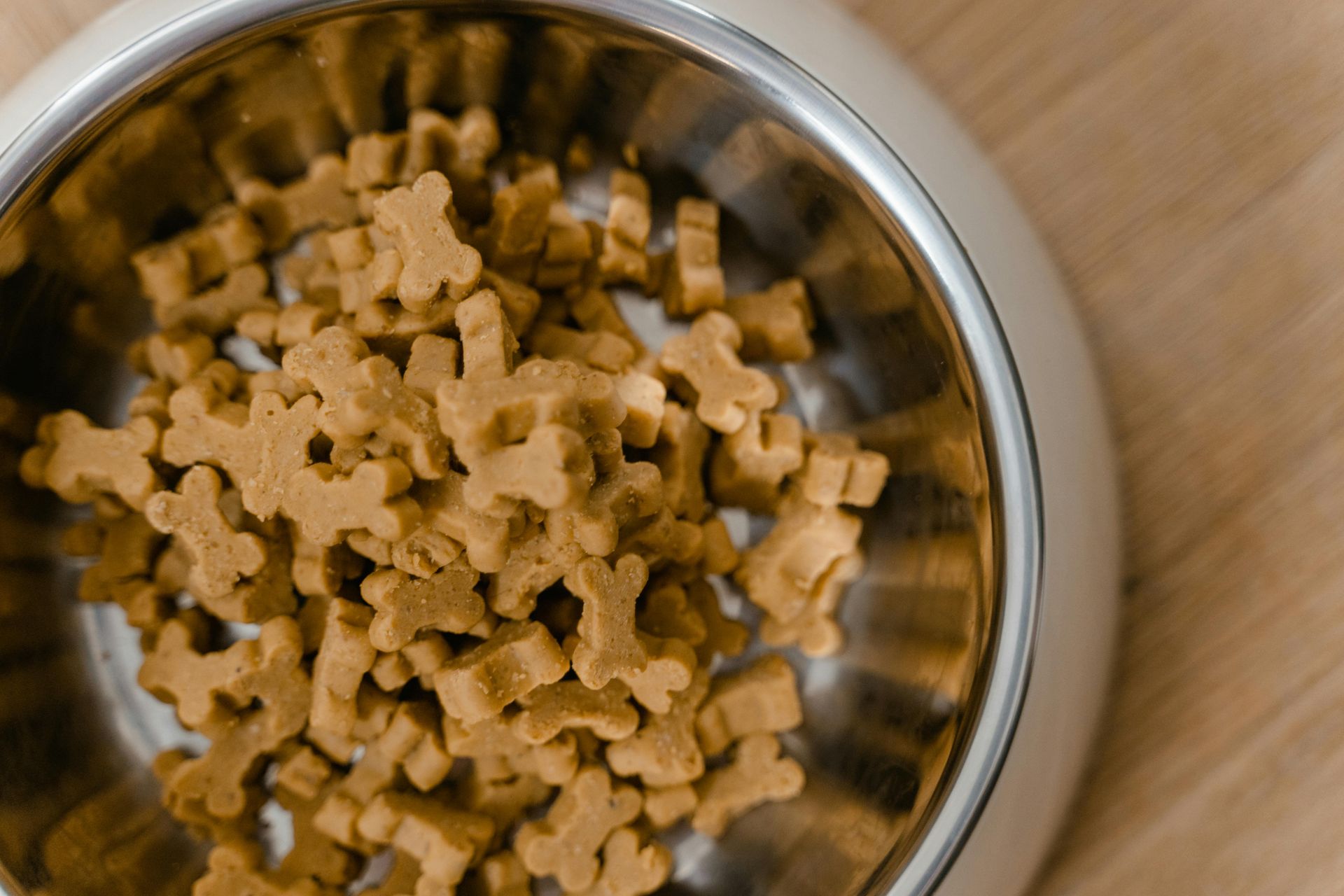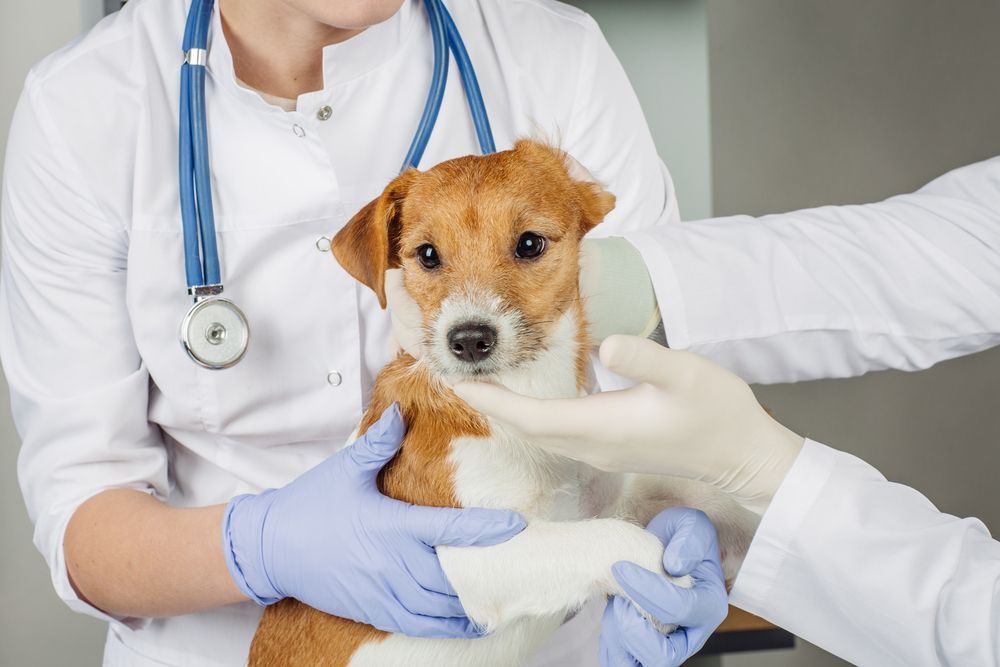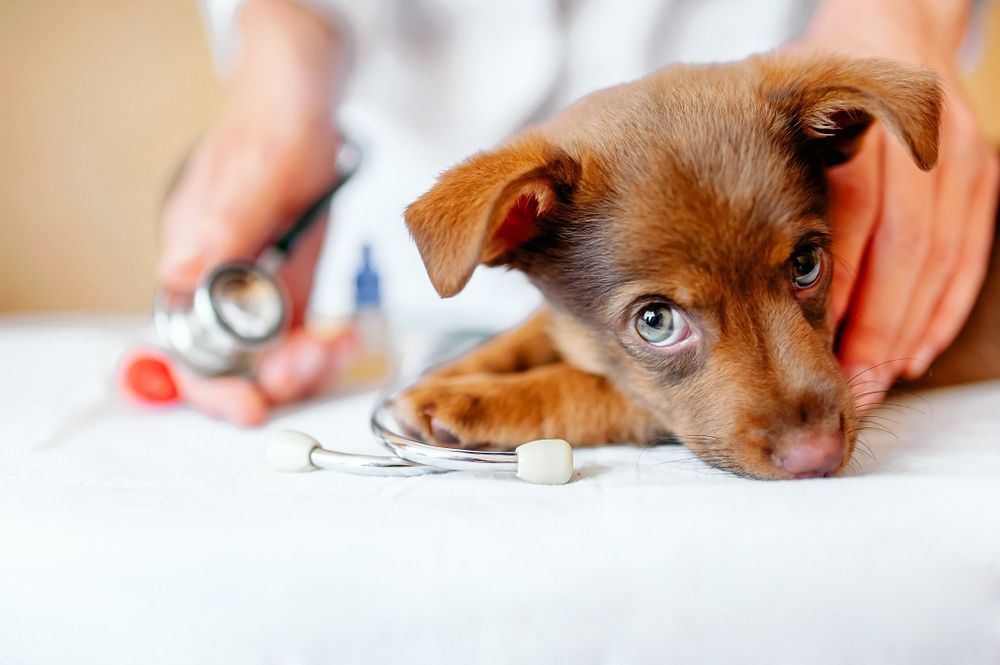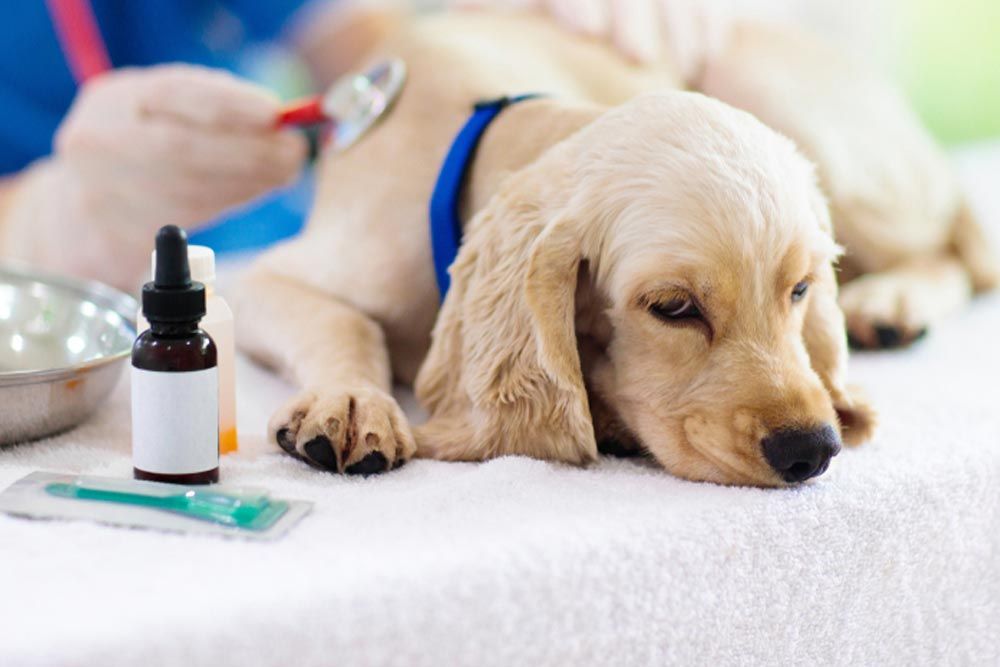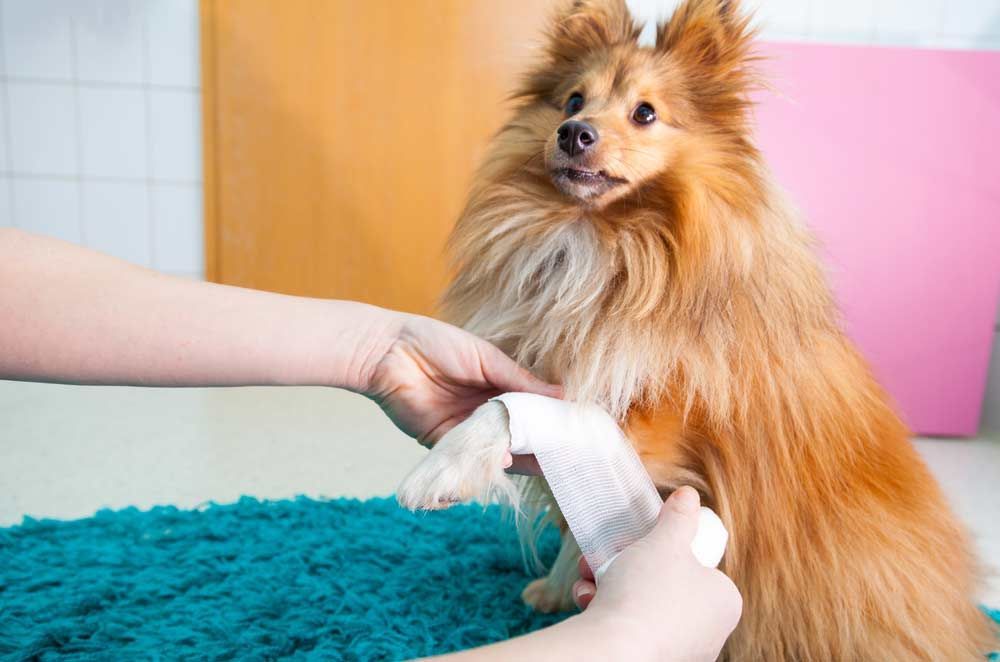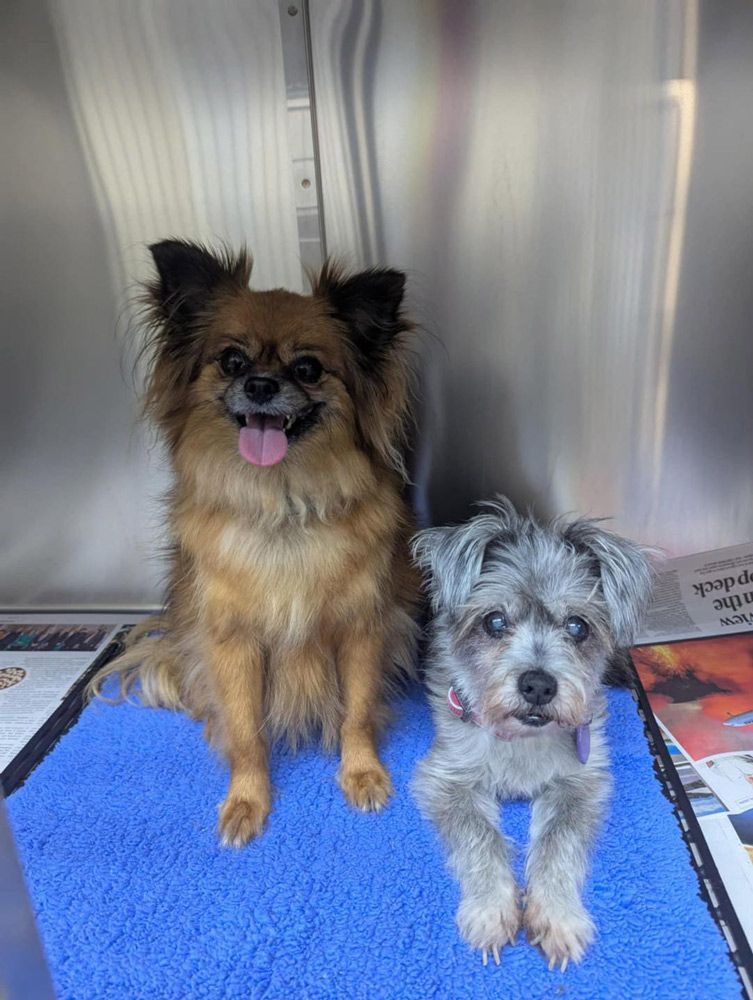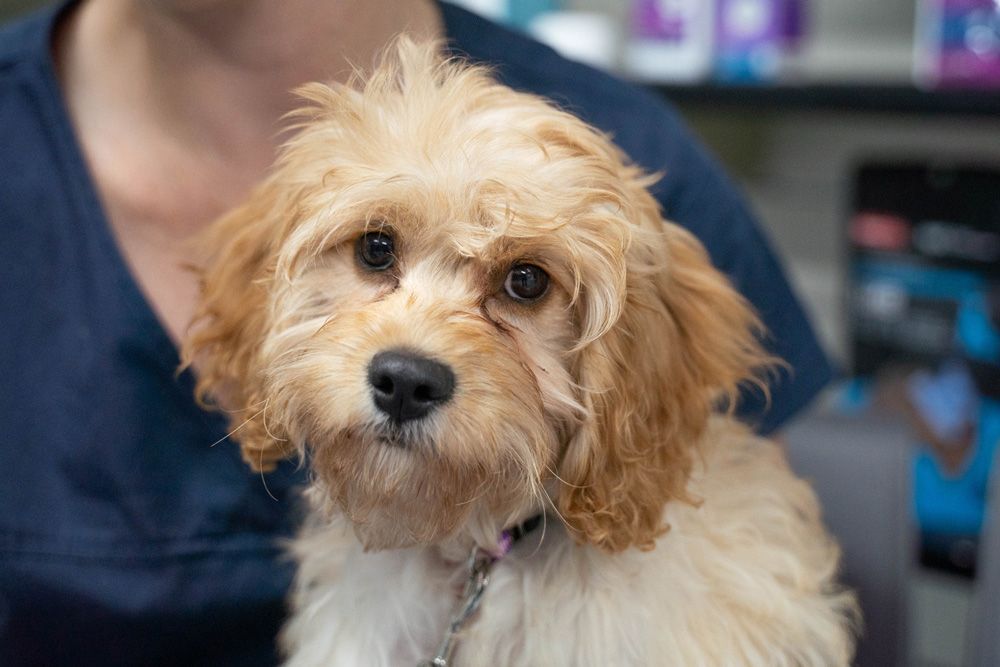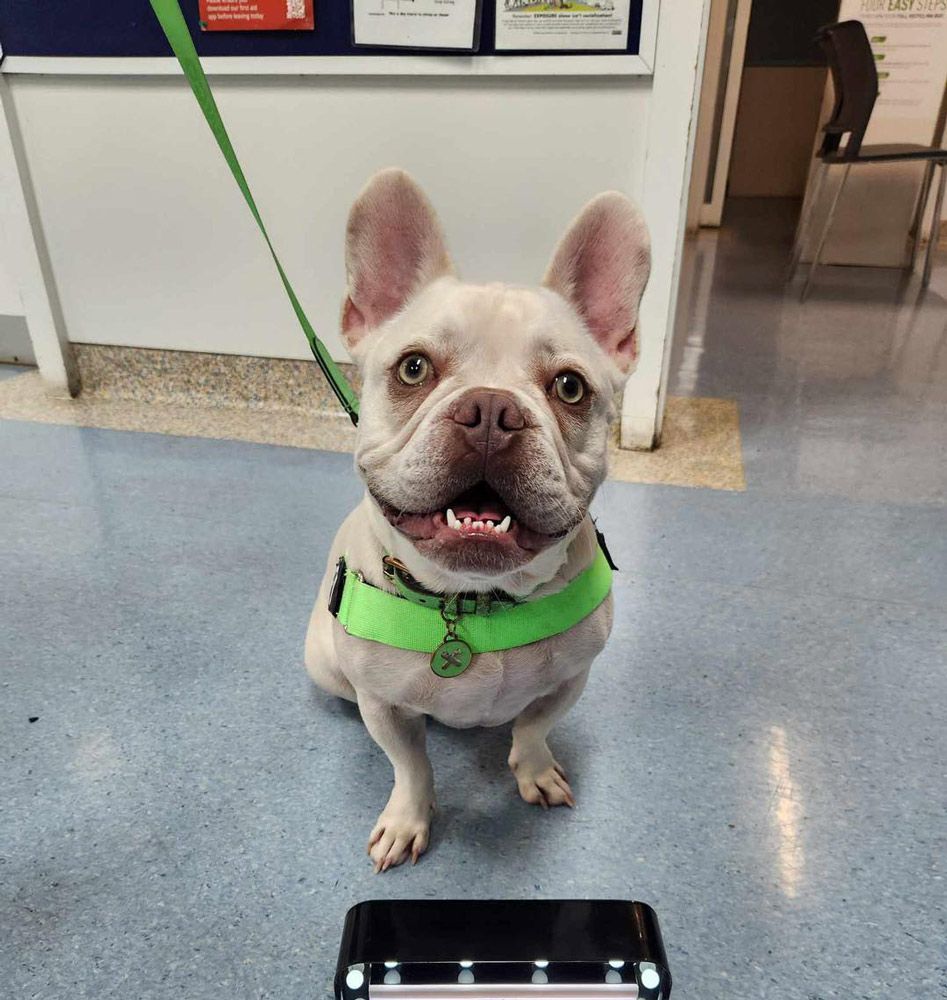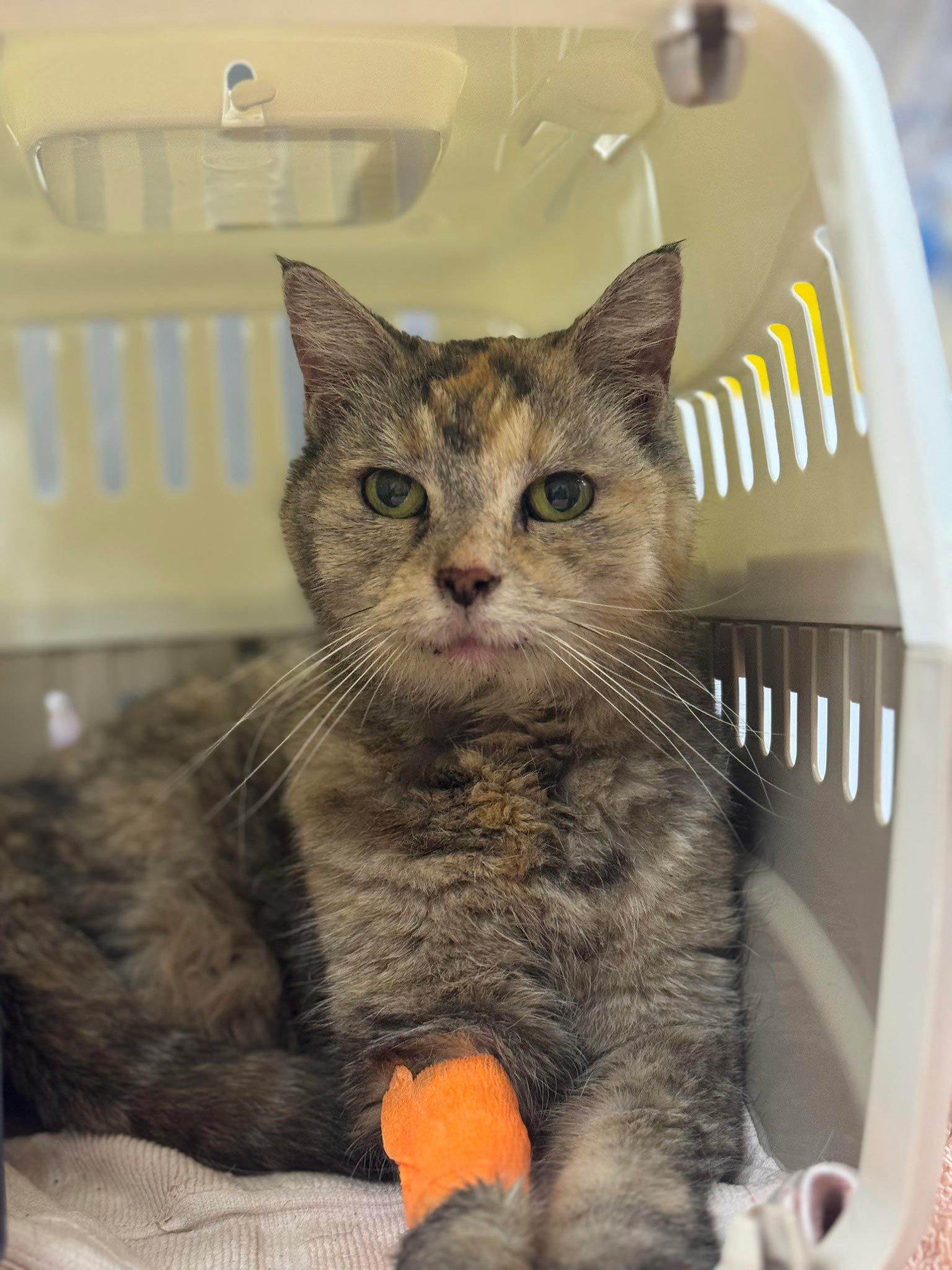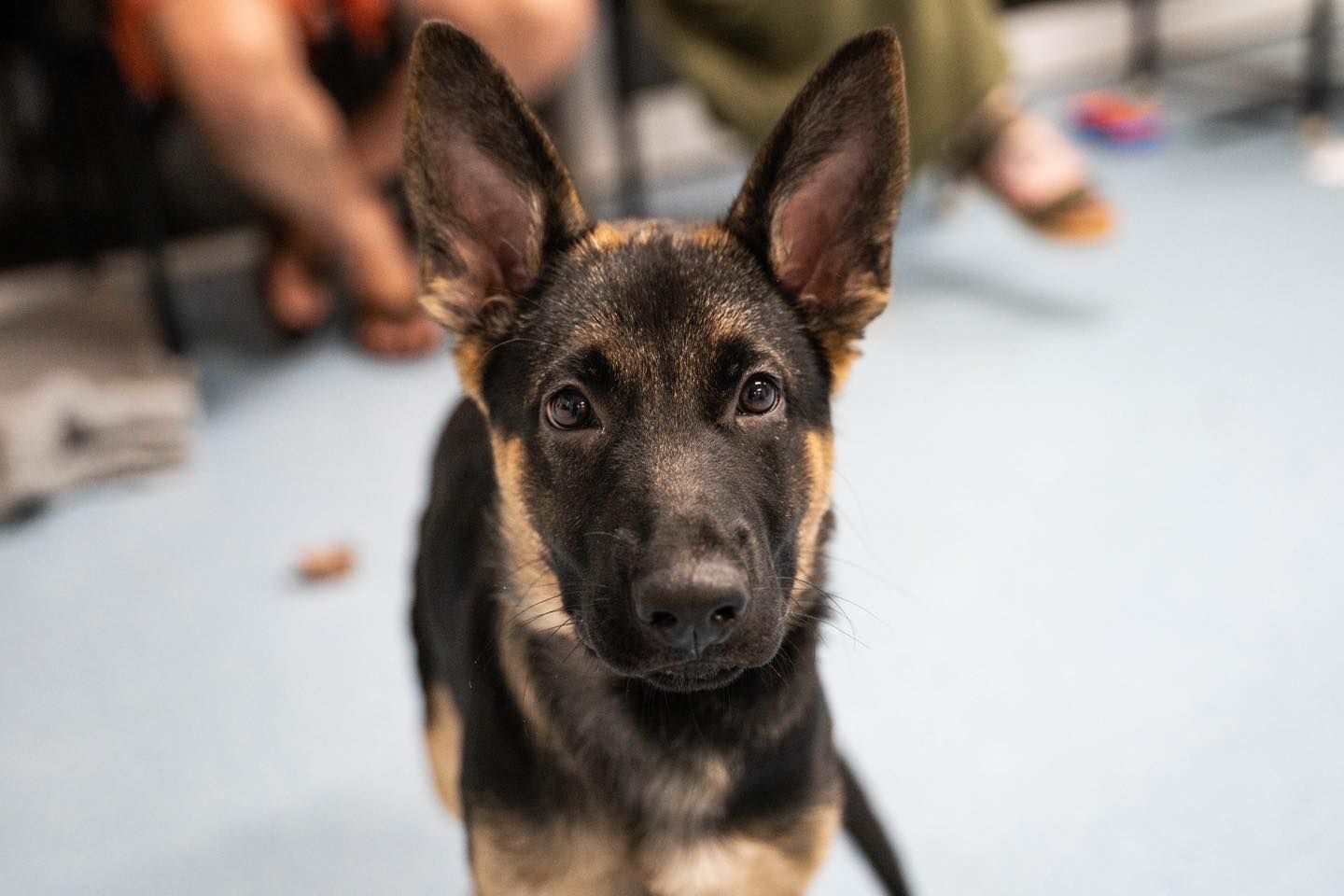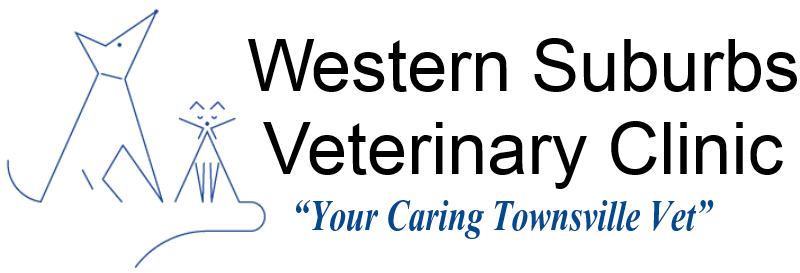What Is Parvovirus?
Parvovirus is a name that often sparks concern among dog owners—and rightly so. It’s a highly contagious virus known for affecting dogs, particularly puppies and unvaccinated pets. But what exactly is it, how does it spread, and why is prompt veterinary care crucial? If you live in Townsville and care for a dog, understanding parvovirus is essential to making informed decisions about your pet’s health.
This blog post covers everything you need to know about the virus, from transmission to symptoms, prevention strategies, and the importance of emergency veterinary support.
Understanding Parvovirus: A Threat to Canine Wellbeing
Parvovirus, or canine parvovirus (CPV), is a viral illness primarily targeting dogs’ gastrointestinal systems. It’s known for its environmental resilience and potential to spread quickly between dogs.
While parvovirus can affect any dog, puppies aged six weeks to six months and unvaccinated dogs are often more vulnerable to exposure. Once contracted, the virus attacks rapidly dividing cells, particularly those in the intestines and, in some cases, the heart.
Key characteristics of parvovirus include:
- A highly contagious nature
- Durability in environments for extended periods
- Primary transmission through faecal-oral contact
- Fast progression once symptoms appear
Early identification and supportive veterinary intervention are often necessary because of the virus’s rapid development and serious nature.
How Parvovirus Spreads: Common Pathways of Transmission
Parvovirus spreads primarily through direct contact with an infected dog or indirectly through contact with a contaminated environment. This includes anything that has come into contact with infected faeces, such as shoes, food bowls, bedding, or even human hands.
Common ways the virus can spread:
- Contact with infected faeces during walks or at dog parks
- Shared water or food bowls in multi-dog households
- Contaminated surfaces like floors, grooming tools, or clothing
- Inadequate sanitation after exposure to infected animals
It’s also worth noting that the virus can remain active on surfaces or in soil for several months under the right conditions.
Early Warning Signs: Recognising the Symptoms
Identifying early symptoms of parvovirus may help owners act quickly. These symptoms may appear suddenly and can progress within hours. Dogs may not display all signs, and severity can vary, so monitoring changes in behaviour and condition is important.
Common signs to look out for:
- Vomiting and severe diarrhoea, sometimes with blood
- Lethargy or a noticeable drop in energy levels
- Sudden loss of appetite and refusal to drink
- Fever or, in later stages, hypothermia
- Abdominal bloating or discomfort
If your dog displays any of these signs, contacting a qualified veterinarian is recommended.
The Role of Emergency Vet Clinics in Parvovirus Support
When symptoms of parvovirus emerge, time becomes a critical factor in managing the condition. Emergency vet clinics are important for urgent care and monitoring animals with acute health issues. Their facilities are typically equipped to deliver fluid therapy, nutritional support, and isolation to manage illness spread.
Emergency vets may assist with:
- Monitoring hydration and offering supportive care
- Reducing the risk of complications through controlled care environments
- Offering symptom management using professional protocols
- Observing progress and adjusting care plans as needed
In areas like Townsville, where dog-friendly public spaces are common, the availability of emergency vet services helps ensure owners can seek timely assistance.
Prevention Strategies: Reducing the Risk of Exposure
While it may not be possible to eliminate all risk, there are steps dog owners can take to reduce the likelihood of exposure and transmission. Preventative measures focus on limiting environmental exposure and promoting responsible care.
Suggested steps include:
- Ensuring vaccination schedules are followed as advised by your vet
- Avoiding dog parks or shared areas with puppies until fully vaccinated
- Regularly cleaning and disinfecting shared pet items (bowls, leads, bedding)
- Preventing contact with unfamiliar or sick animals
- Washing hands thoroughly after handling other dogs
Owners can help lower the chances of their dogs encountering the virus by proactively approaching hygiene and limiting exposure in high-risk settings.
Environmental Hygiene: Cleaning to Prevent Spread
Parvovirus is known for its resistance to many common cleaning products. Disinfecting contaminated areas with appropriate solutions is essential in multi-pet homes or areas where exposure may have occurred.
Helpful disinfection practices:
- Use veterinary-grade disinfectants or diluted bleach solutions (consult vet guidance)
- Isolate areas where infected animals may have been
- Wash all pet bedding, clothing and bowls in hot water with disinfectant
- Avoid reintroducing healthy animals into recently contaminated areas without thorough cleaning
Keeping a clean environment doesn’t guarantee protection, but it supports broader disease control efforts.
Understanding the Importance of Vaccination
Vaccination is widely recognised as a critical component in reducing the spread of infectious diseases in pets. For parvovirus, it typically involves a series of shots during a puppy’s early months, followed by boosters throughout adulthood.
Why is timely vaccination important?
- It helps build immunity before high-risk exposure periods
- It’s often part of a broader disease prevention schedule
- Missed boosters may increase vulnerability to infection
Discussing your dog’s vaccination history and needs with your vet helps ensure an up-to-date schedule.
Responsible Pet Ownership in Townsville
With many shared dog-friendly areas in Townsville, the risk of environmental exposure to viruses can increase. Practising responsible pet ownership helps protect your dog and the broader pet community.
Simple responsible actions include:
- Keeping dogs on leads to prevent contact with unknown animals
- Cleaning up after pets to reduce community risk
- Avoiding public spaces if your dog appears unwell
- Following up on any suspected illness with your vet
These small decisions can make a significant difference in promoting community-wide wellbeing.
Worried About Parvovirus? Speak With Our Emergency Vet in Townsville
Understanding the risks associated with parvovirus is the first step toward responsible dog ownership. It’s a complex disease with serious implications. Still, through preventative care, awareness, and quick access to emergency veterinary support, owners can manage risk and respond effectively if symptoms occur.
At Western Suburbs Veterinary Clinic, we provide emergency vet services in Townsville to assist with acute pet health needs. If your dog shows signs of illness or you're unsure about their vaccination status, visit our Townsville vet clinic today. Our team is here to support pet owners navigating the challenges of pet health management.
